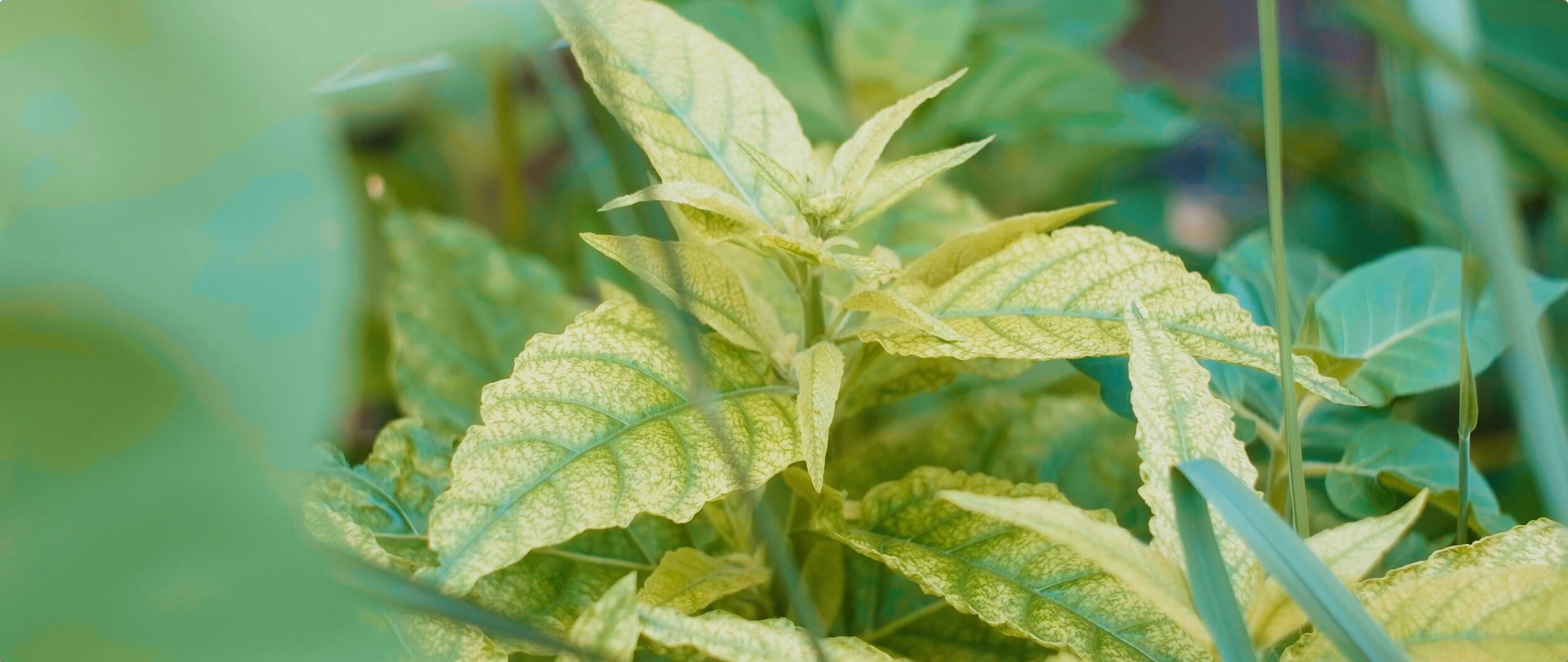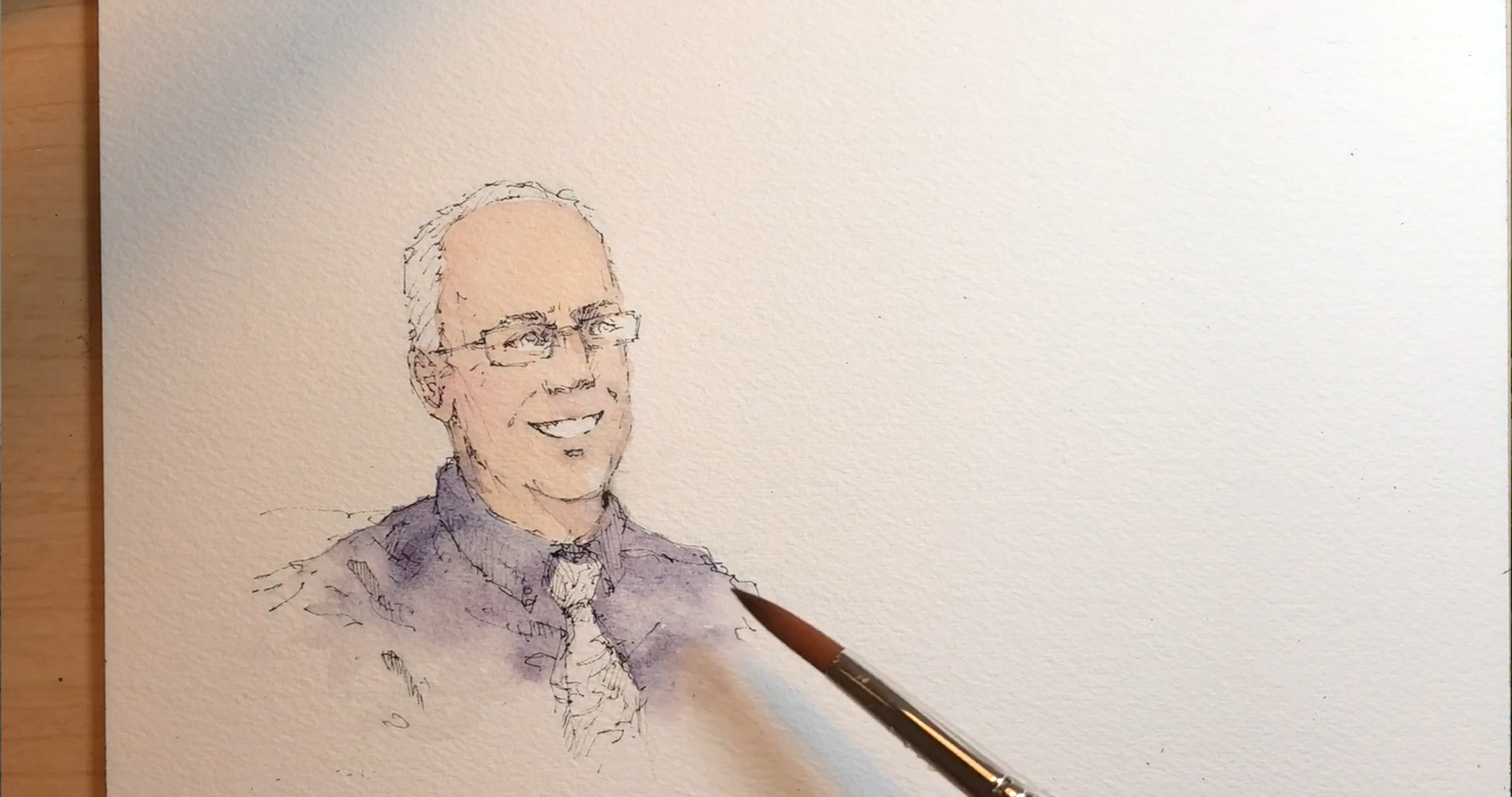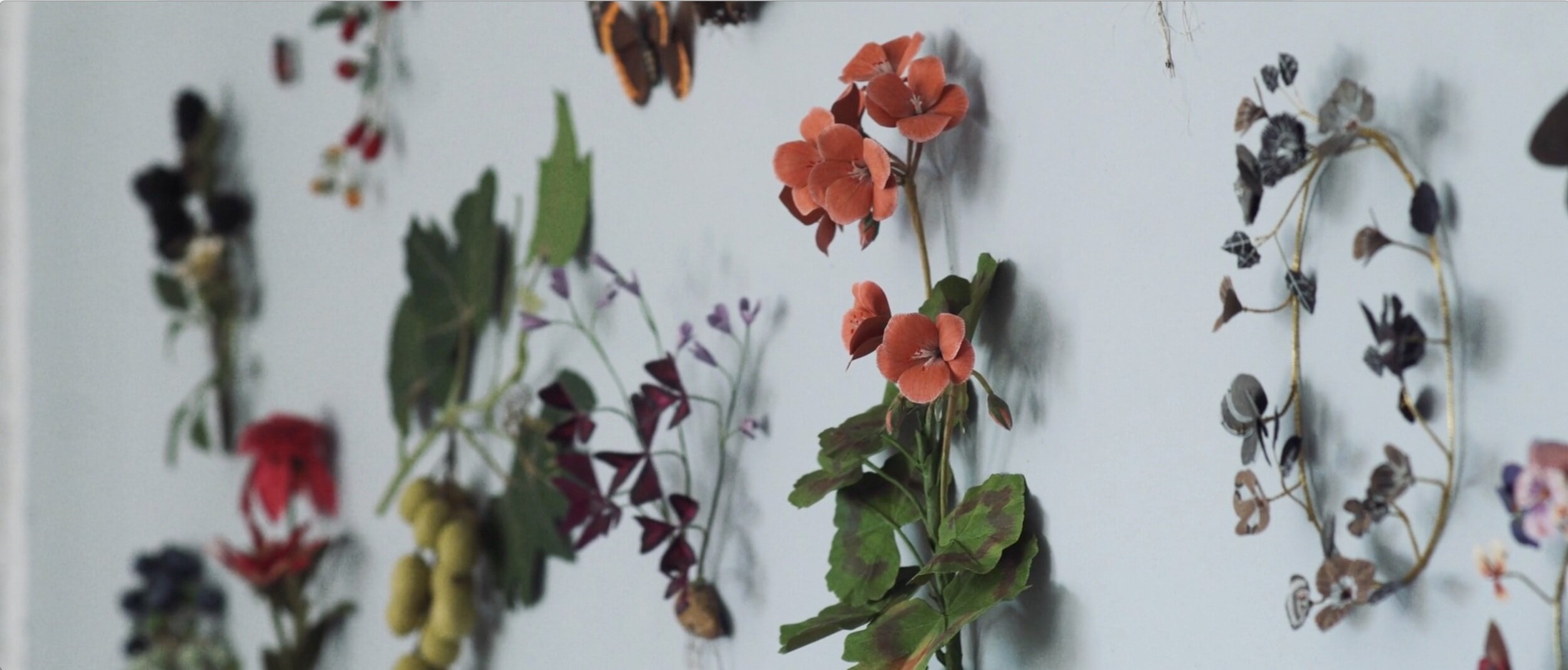Stuart Strand: Research Professor

There has been much speculation on the idea that plants can clean toxins in our homes and offices. While this may sound great, researchers have found that it’s not true.
Stuart Strand hopes to change that through his research and experimentation.
Stuart, a professor at the University of Washington, has spent much of his career working on solutions for cleaning the ground, soil, and air of various toxins.
“In the last twenty or so years, I’ve been working with plants that are genetically modified with genes from bacteria and mammals to degrade toxic compounds in the environment.”
By introducing a “detoxifying enzyme” found in the DNA of animals like rabbits, plants like pothos ivy can have more of an impact on cleaning the air of toxins found in our living and working spaces.
It’s a time-consuming process.
“…from scratch, it’ll take about two years before we get the first small plant.”
The box he designed can be used to filter the polluted air for the so-called “super plants” to destroy the toxins. It’s like an air purifier but with living things doing the breaking down.
“The box is necessary to move the air past the plants and make an efficient contact system for uptake and degradation of those chemicals.”
Stuart hopes that these boxes would be made available to the public. He’s also still working to develop the ability in these plants to clean the air of even more dangerous toxins like methane and formaldehyde.
What strikes Stuart the most about the plants he’s been working with is just the fact that when including these new enzymes, the plants continue to grow as if nothing had happened.
“I find that really beautiful and a wonderful enforcement of the idea that all of life is one.”
For more information about Stuart and the research he is involved in, check out the lab’s website. Also, read this article about his research.
This episode was filmed & edited by Charlie Pierson.





